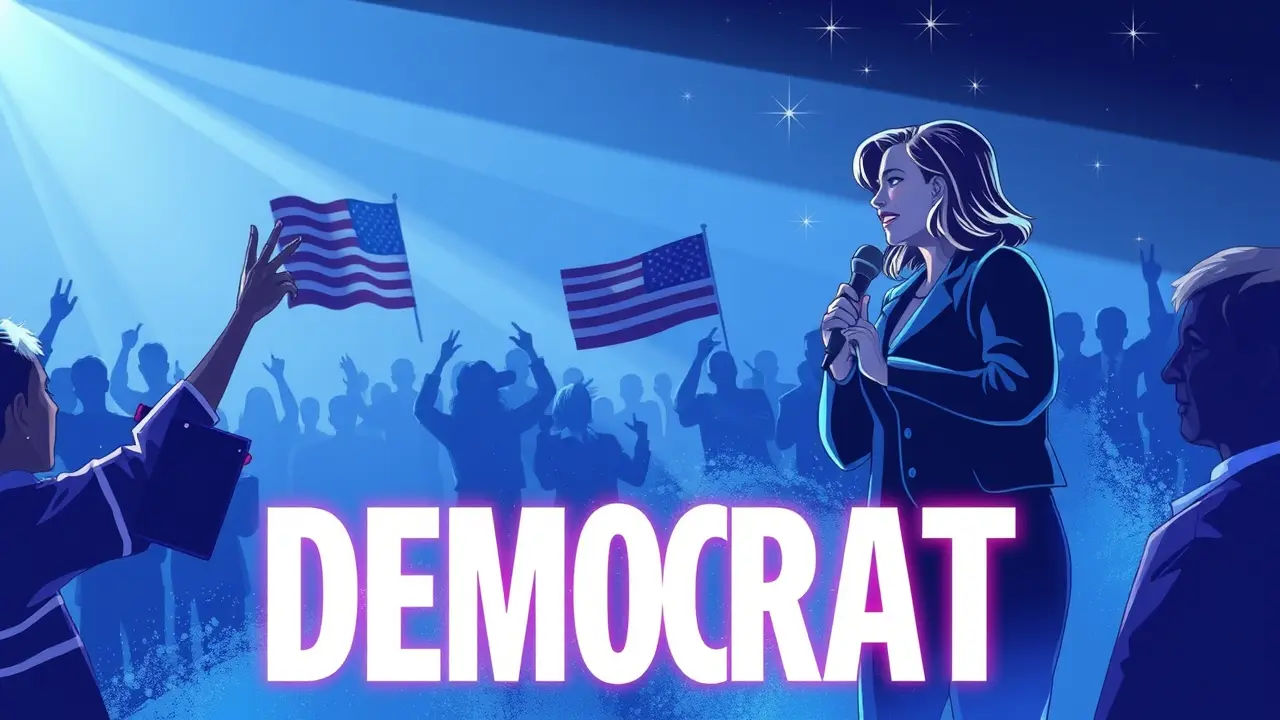
PoliticselectionsElectoral Reforms
Hong Kong party hosts Legco candidate forum on economy.
RO
Robert Hayes
6 hours ago7 min read
In a move that underscores the intricate political machinery now defining Hong Kong's governance, the Democratic Alliance for the Betterment and Progress of Hong Kong (DAB)—the city's most formidable pro-establishment party—hosted a landmark forum this Monday, convening all fifty candidates vying for the forty Legislative Council seats in the pivotal Election Committee constituency. This gathering, held before more than one hundred of the party’s committee members, was less a traditional debate and more a strategic display of allegiance and policy alignment, with economic development and the city's global ties emerging as the unanimous, almost orchestrated, central themes.The forum's very structure speaks volumes about the new political reality in Hong Kong, a landscape fundamentally reshaped by the electoral overhaul imposed by Beijing in 2021, which dramatically reduced the proportion of directly elected seats and empowered a heavily vetted Election Committee to select a significant portion of the legislature. This context is crucial; it transforms the event from a simple candidate meet-and-greet into a critical audition before a key bloc of selectors whose votes are indispensable for securing a seat in the revamped Legco.The candidates, representing a narrowed political spectrum following the disqualification of pro-democracy figures and the suppression of dissent, presented platforms that largely echoed the central government's priorities: positioning Hong Kong as a resilient international financial hub, deepening integration with the Greater Bay Area initiative, and navigating the complex geopolitical tensions between Washington and Beijing. This consensus, while projecting stability, also raises profound questions about the future of robust legislative debate and the representation of diverse local interests within the city.Historically, one might draw a parallel to the consolidation of political power in other semi-autonomous regions under centralizing states, where local political forums become mechanisms for endorsing a pre-determined national agenda rather than arenas for genuine policy contestation. The consequences of this election are far-reaching; a Legco dominated by pro-establishment figures is likely to ensure the swift passage of legislation aligning with Beijing's directives, particularly on national security matters, but it may struggle to address the deep-seated social and economic inequalities that fueled the 2019 protests.Expert commentary from political risk analysts suggests that while this model promises administrative efficiency and political 'stability' as defined by the central government, its long-term sustainability hinges on its ability to deliver tangible economic benefits to Hong Kong's citizens without the traditional pressure-release valve of open political opposition. The DAB's forum, therefore, was not merely a pre-election event; it was a microcosm of Hong Kong's contested future, a carefully managed performance of unity that simultaneously reveals the profound tensions and constrained possibilities of the city's new political order.
#Hong Kong
#Legislative Council
#DAB
#election forum
#economic development
#global ties
#featured
Stay Informed. Act Smarter.
Get weekly highlights, major headlines, and expert insights — then put your knowledge to work in our live prediction markets.
Related News
© 2025 Outpoll Service LTD. All rights reserved.














